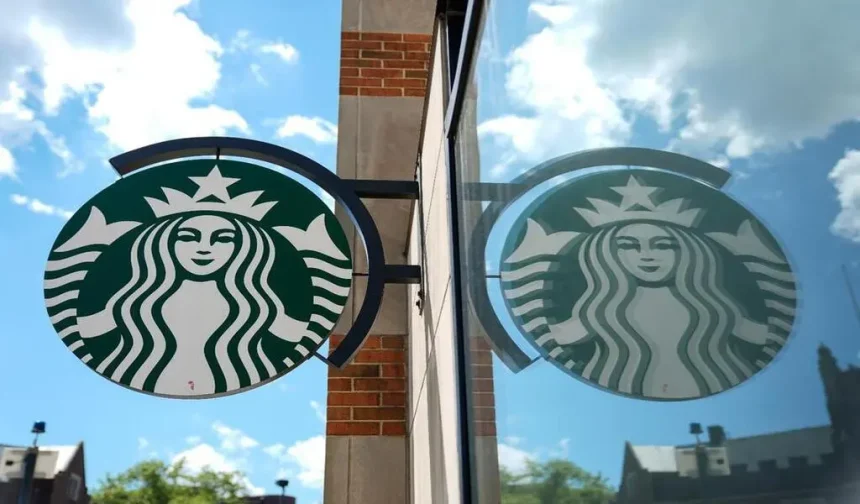(CTN News) – Starbucks’ sales decreased by 1% between April and June as both Chinese and American consumer demand declined.
However, the massive coffee chain in Seattle voiced hope on Tuesday, saying that it would be able to turn things around in its next fiscal year, which starts later this autumn, with the assistance of effective new items and efficiency gains, like as quicker drive-thru service and improved equipment.
Starbucks Quarterly Revenue Falls on Weak Traffic in US and China
“We are focused on our controllable aspects within a customer environment that is aptly characterized as “complicated,” said Laxman Narasimhan, CEO of Star-bucks, on an investor conference call.
According to Narasimhan, customers are staying at home and have become more frugal with their money in numerous marketplaces. McDonald’s, which reported earlier this week that its same-store sales decreased 1% in the April–June period, made remarks similar to those made by Starbucks.
Sales at Starbucks stores that have been operational for at least a year have decreased by 3%. Based on a FactSet survey of analysts, it was just more than the 2.7% decline that Wall Street had anticipated.
Same-store sales fell 14% in China, where Star-bucks is under pressure from competitors offering cheaper prices. According to Starbucks, Chinese consumers made fewer visits and spent less money each time.
With 6,500 locations, China is Starbucks’ second-largest market. Narasimhan said that the company still sees tremendous promise in this region. However, he said that the business is now investigating the possibility of forming a joint venture or strategic partnership in China to help it develop more quickly.
Additionally, a collaboration of this kind may reduce Starbucks’ exposure to market volatility. “The long-term opportunity for us is significant, so we want to make sure that we are strengthening our advantage in this market even further,” he said.
Same-store sales are down 2% in the US. Starbucks said that a 6% reduction in visitation was somewhat compensated by greater expenditure per visit.
According to Narasimhan, the United States has some positive aspects. With its boba-like raspberry pearls, the company’s new Summer-Berry Refresher had the best first-week sales of any new product in its history.
During the quarter, Starbucks also reported a 7% rise in U.S. loyalty members. However, Narasimhan said that more has to be done by the business to enhance its supply chain and boost afternoon sales.
According to him, the Summer Berry Refresher became so popular that the firm had to reduce its marketing efforts due to an ingredient shortage. Starbucks likewise struggles to maintain an adequate supply of food products.
According to Narasimhan, Starbucks continues to be targeted for retail boycotts across the Middle East, Southeast Asia, and certain regions of Europe due to its alleged backing of Israel in the Gaza conflict.
Starbucks’ third-quarter sales for its fiscal year were $9.1 billion. That was less than the $9.2 billion that Wall Street had projected, based on a FactSet survey of analysts.
To $1.05 billion, or 93 cents per share, net income decreased 7.6%. That matched the predictions of experts. Recent rumours that activist investor Elliott Investment Management had acquired stock in the business were verified by Narasimhan.
“So far, our discussions have been fruitful,” he said. In Tuesday’s after-hours trade, Starbucks’ stock increased by 3%. Over the last 12 months, the stock has dropped 25%.
Source: Usnews














